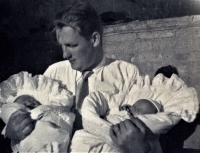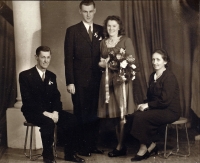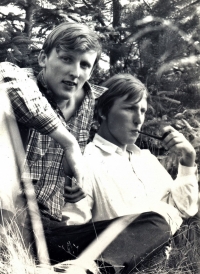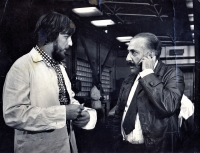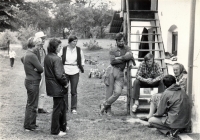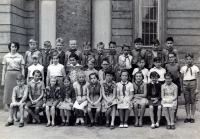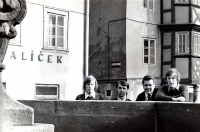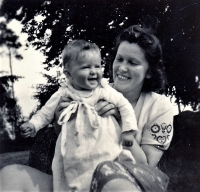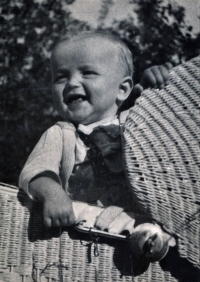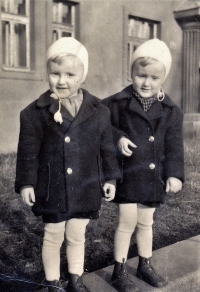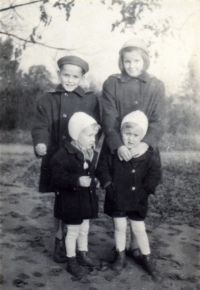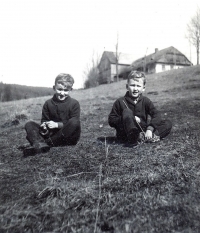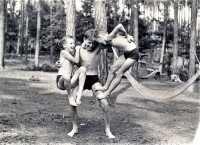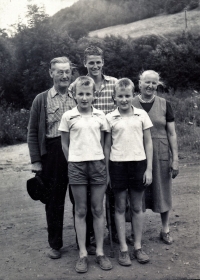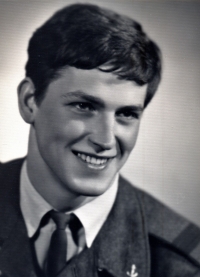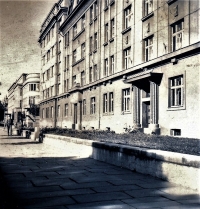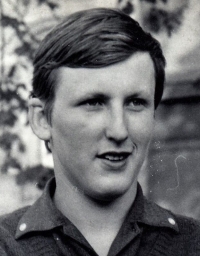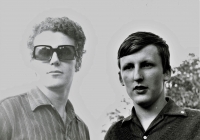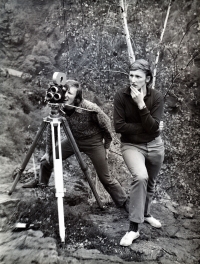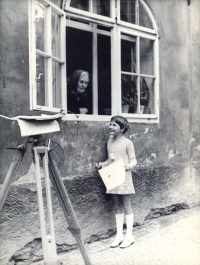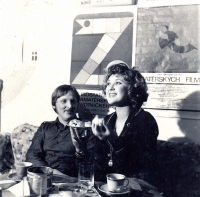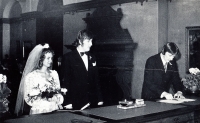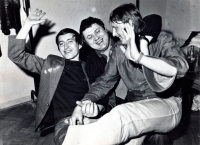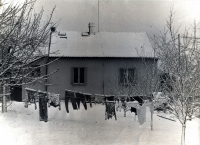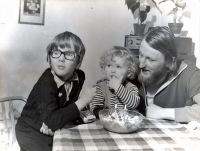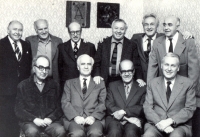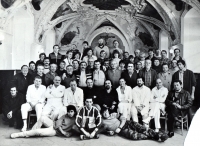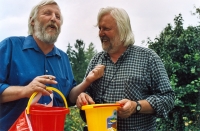My brother has a cool brother

Stáhnout obrázek
Jan Loučím, along with his identical twin brother Josef, was born on 20 August 1949 in Plzeň to an avidly communist family. After completing his high school studies in 1967, he took up a post in Škoda Plzeň in its computing center. During 1968-1973 he studied at the University of Economics in Prague. On 21 August, just hours after celebrating his nineteenth birthday, he and his brother filmed the tanks of the occupying armies in the streets of Plzeň till the moment when one of them aimed at them. From 1971 to 1989 he was faced with constant surveillance from the StB because of his sister’s emigration to Sweden. In 1972 he and his brother were charged with defamation of the republic abroad on the basis of a humorous letter critical of the political situation in communist Czechoslovakia. During 1973-1985 he worked as a mathematician and analyst in the computing center of Škoda. In 1974 he married, and after his wedding two children were born. In 1980 he had to again face interrogation by the StB, this time for the possession of anti-state press. During 1981-1991 he worked as an economist for the company Domácí Potřeby. In both this and his previous jobs he was offered better arrangements conditional upon his joining the Communist Party, but both times he refused. Starting in 1991 he began working for himself and started to dedicate his time fully to his film work, which he had been gravitating toward since his childhood. In 1991 he founded the first regional television in Western Bohemia and the television company, Studio Max. In 2009 he and his collaborators were awarded second main prize at the Arts & Film festival in Telč for the film Člověk z ráje (Man from Paradise) which dealt with the topic of his beloved Šumava. He is the author of numerous other celebrated films and television series. For his long term merit in the area of film production and documentary-making he was awarded the historical Seal of the City of Plzeň in 2019.

